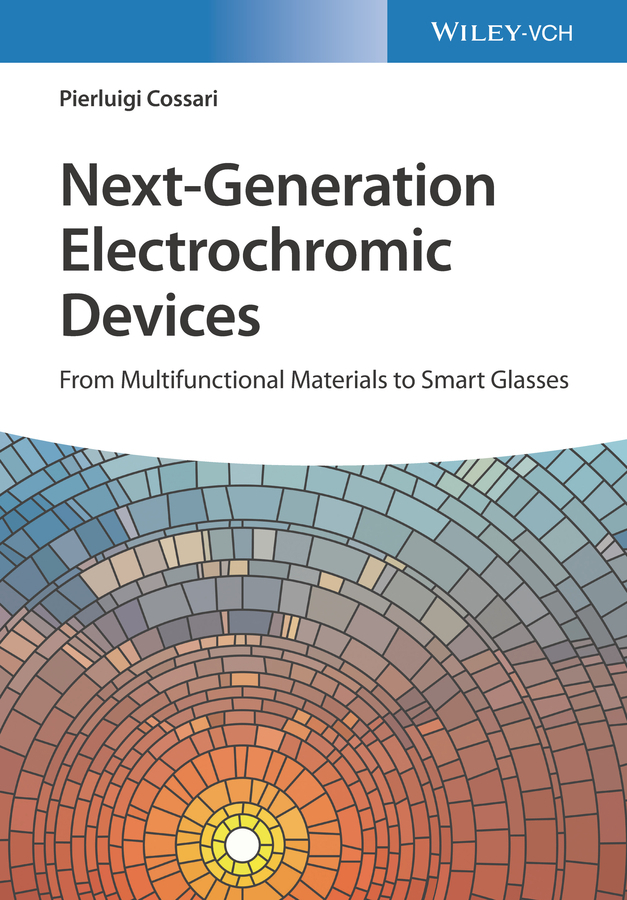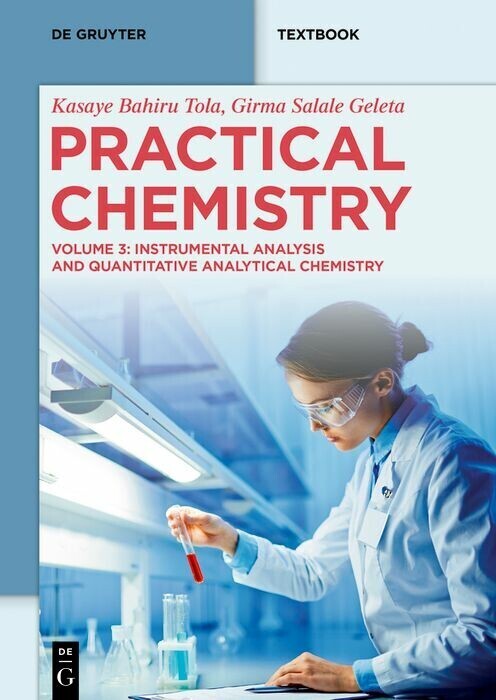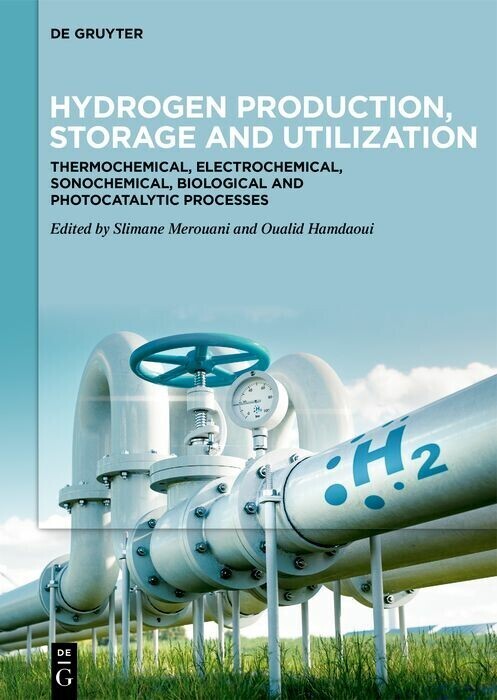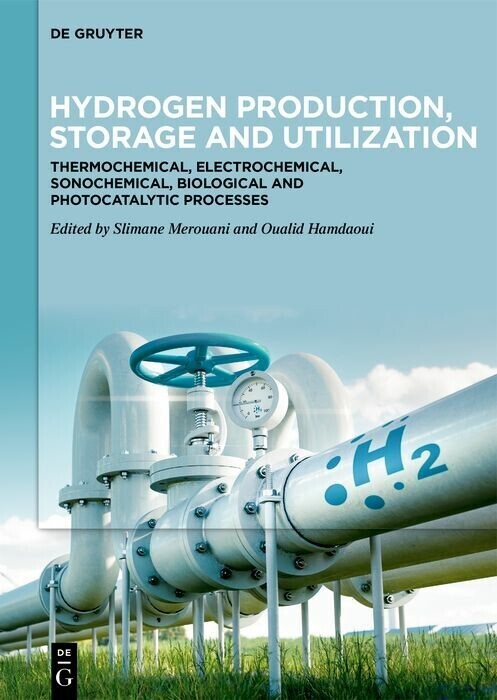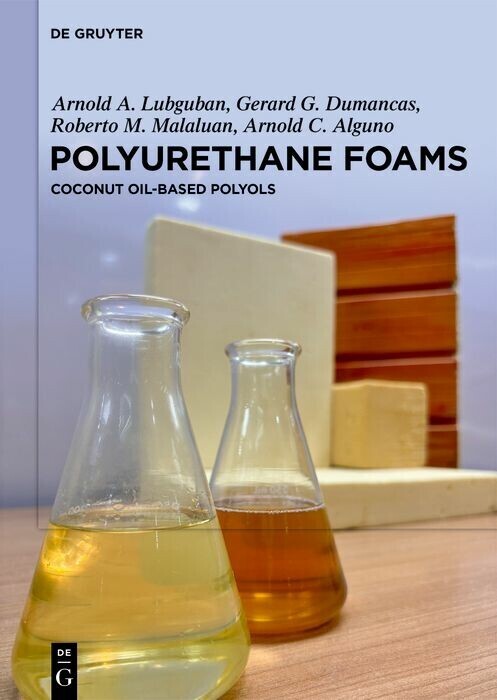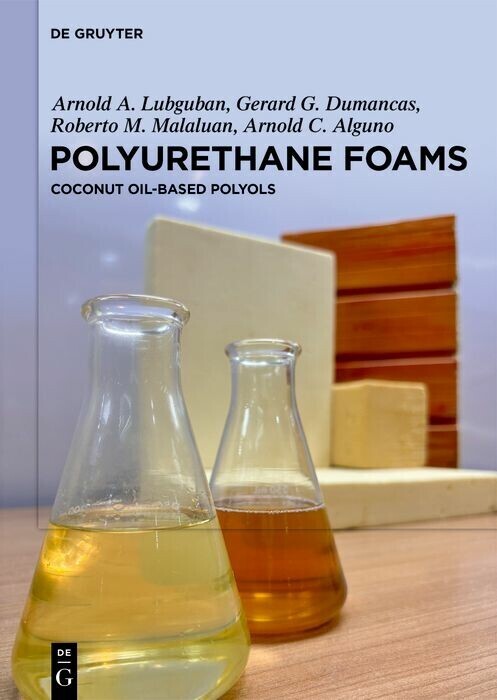Sonochemistry
In the 1980's sonochemistry was considered to be a rather restricted branch of chemistry involving the ways in which ultrasound could improve synthetic procedures, predominantly in heterogeneous systems and particularly for organometallic reactions. Within a few years the subject began to expand into other disciplines including food technology, environmental protection and the extraction of natural materials. Scientific interest grew and led to the formation of the European Society of Sonochemistry in 1990 and the launch of a new journal Ultrasonics Sonochemistry in 1994. The subject continues to develop as an exciting and multi-disciplinary science with the participation of not only chemists but also physicists, engineers and biologists. The resulting cross-fertilisation of ideas has led to the rapid growth of interdisciplinary research and provided an ideal way for young researchers to expand their knowledge and appreciation of the ways in which different sciences can interact. It expands scientific knowledge through an opening of the closed doors that sometimes restrict the more specialist sciences.
The journey of exploration in sonochemistry and its expansion into new fields of science and engineering is recounted in 'Sonochemistry Evolution and Expansion' written by two pioneers in the field. It is unlike other texts about sonochemistry in that it follows the chronological developments in several very different applications of sonochemistry through the research experiences of the two authors Tim Mason and Mircea Vinatoru.
Designed for chemists and chemical engineers Written by two experts and practitioners in the subject Volume 1 covers the historical background and evolution of sonochemistry Volume 2 explains the wider applications and expansion of the subjectVOLUME 1 Fundamentals and Evolution
This volume traces the evolution of sonochemistry from the very beginning when the effects of acoustic cavitation were first reported almost as a scientific curiosity. The major developments of the subject from the 1980's are described by the authors who became active participants in the field during that period. A chapter is devoted to ultrasonically assisted extraction (UAE) which illustrates the different ways in which sonochemical technologies can be applied in both batch and flow modes leading to the development of large-scale processing. The chapter on environmental protection shows the wide range of applications of sonochemistry in this important field for both biological and chemical decontamination.
Professor Mason ('the father of sonochemistry') obtained his Ph.D. in Physical Organic Chemistry, Southampton University (UK) 1970. He then was working as research fellow for the NATO in Massachusetts (USA) and at the York University in York (UK). Before he has been appointed as professor he was working as lecturer at different universities in the UK. Prof. Mason published over 300 articles, 60 chapters and 15 books. He is chairman of the RSC Sonochemistry Group, Editor in Chief (and co-founder) of 'Ultrasonics - Sonochemistry' (Elsevier) and director of the Sonochemistry Centre at the Coventry University (UK).
Dr. Mircea Vinatoru obtained his Ph.D. in Chemistry in 1996 at the Universitatea 'Politehnica' din Bucure?ti (Bucharest, Romania). Before becoming a lecturer at the Coventry University in Coventry (UK) he was employed as research and development director at ReEnergy LLC. From April 2016 he is working as a researcher at the Sonochemistry Centre at the Coventry University (UK). He published over 50 articels and chapters.
J. Mason, Timothy
| ISBN | 9783110566239 |
|---|---|
| Artikelnummer | 9783110566239 |
| Medientyp | E-Book - ePUB |
| Copyrightjahr | 2023 |
| Verlag | Walter de Gruyter GmbH & Co.KG |
| Umfang | 269 Seiten |
| Sprache | Englisch |
| Kopierschutz | Digitales Wasserzeichen |

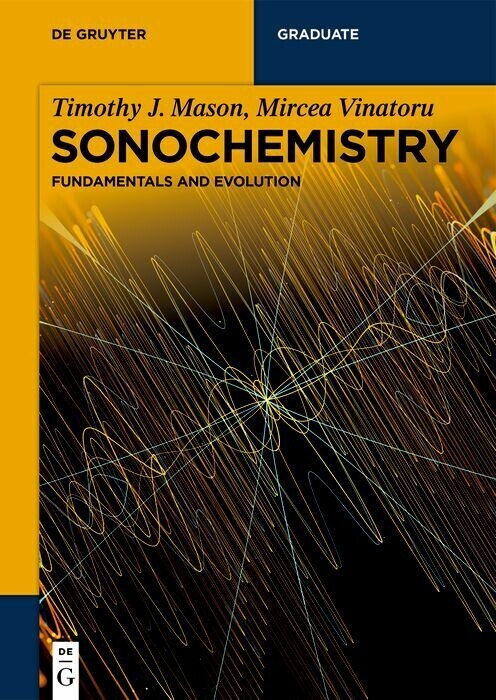
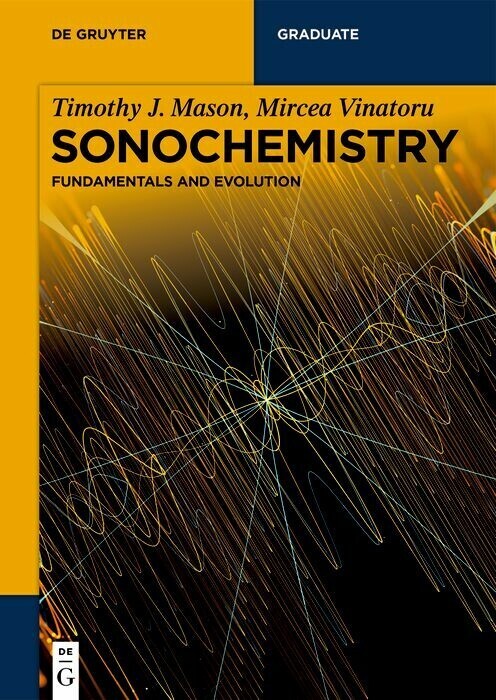
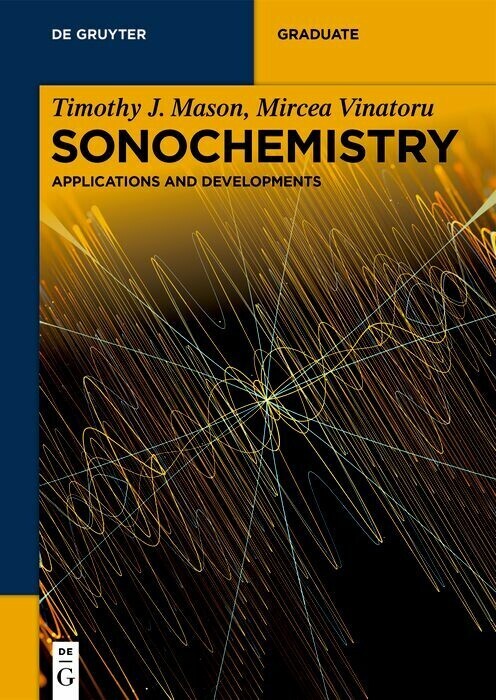
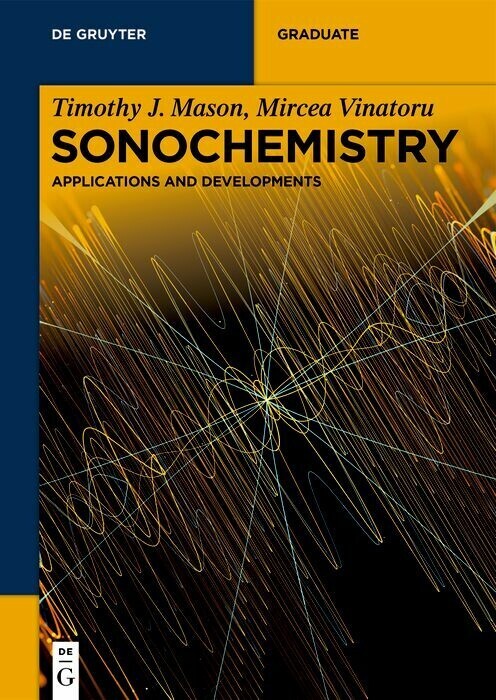
![[Set Sonochemistry, Fundamentals and Evolution + Applications and Developments], 2 Teile [Set Sonochemistry, Fundamentals and Evolution + Applications and Developments], 2 Teile](https://www.deutscher-apotheker-verlag.de/media/02/1d/9e/1686148334/9601953200001A.jpg)
